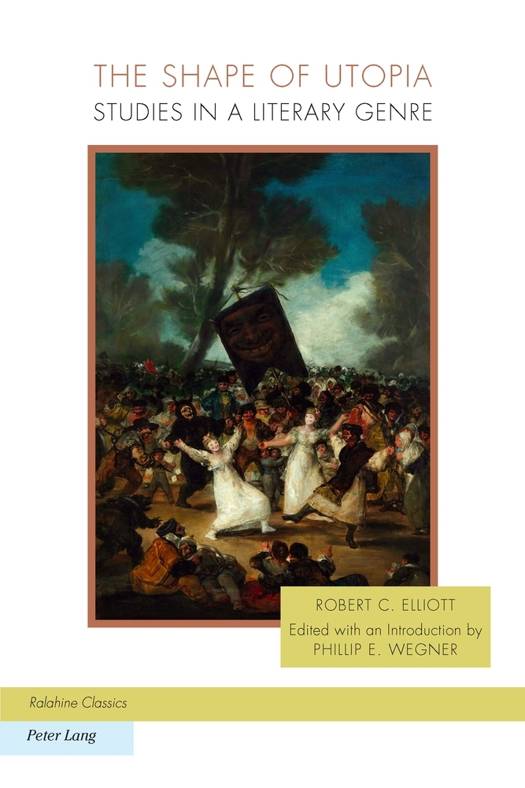
- Afhalen na 1 uur in een winkel met voorraad
- Gratis thuislevering in België vanaf € 30
- Ruim aanbod met 7 miljoen producten
- Afhalen na 1 uur in een winkel met voorraad
- Gratis thuislevering in België vanaf € 30
- Ruim aanbod met 7 miljoen producten
Zoeken
Omschrijving
Upon its original publication in 1970, Robert C. Elliott's The Shape of Utopia influenced both some of the major scholars of an emerging utopian and science fiction studies, including Darko Suvin, Louis Marin and Fredric Jameson, and authors of new utopian fiction ranging from Ursula K. Le Guin to Kim Stanley Robinson. The book establishes a deep genetic link between utopia and satire, and offers scintillating readings of classic works by Thomas More, Jonathan Swift, Nathaniel Hawthorne, Aldous Huxley and others. It charts the rise of an insidious «fear of utopia» that comes to characterize the first half of the twentieth century and investigates some of the aesthetic problems raised by the efforts to portray a utopian society, before concluding with brilliant speculations on the emerging practice of «anti-anti-utopia» - the reinvention of utopia for contemporary times. This Ralahine Classics edition also includes a new introduction by Phillip E. Wegner which situates the book in its context and argues for its continued significance today; a 1971 review of the book by the late author of utopian science fiction, Joanna Russ; and an opening tribute by one of Elliott's former students, Kim Stanley Robinson.
Specificaties
Betrokkenen
- Auteur(s):
- Uitgeverij:
Inhoud
- Aantal bladzijden:
- 140
- Taal:
- Engels
- Reeks:
- Reeksnummer:
- nr. 10
Eigenschappen
- Productcode (EAN):
- 9783034307727
- Verschijningsdatum:
- 26/03/2013
- Uitvoering:
- Paperback
- Formaat:
- Trade paperback (VS)
- Afmetingen:
- 150 mm x 225 mm
- Gewicht:
- 259 g

Alleen bij Standaard Boekhandel
+ 149 punten op je klantenkaart van Standaard Boekhandel
Beoordelingen
We publiceren alleen reviews die voldoen aan de voorwaarden voor reviews. Bekijk onze voorwaarden voor reviews.








